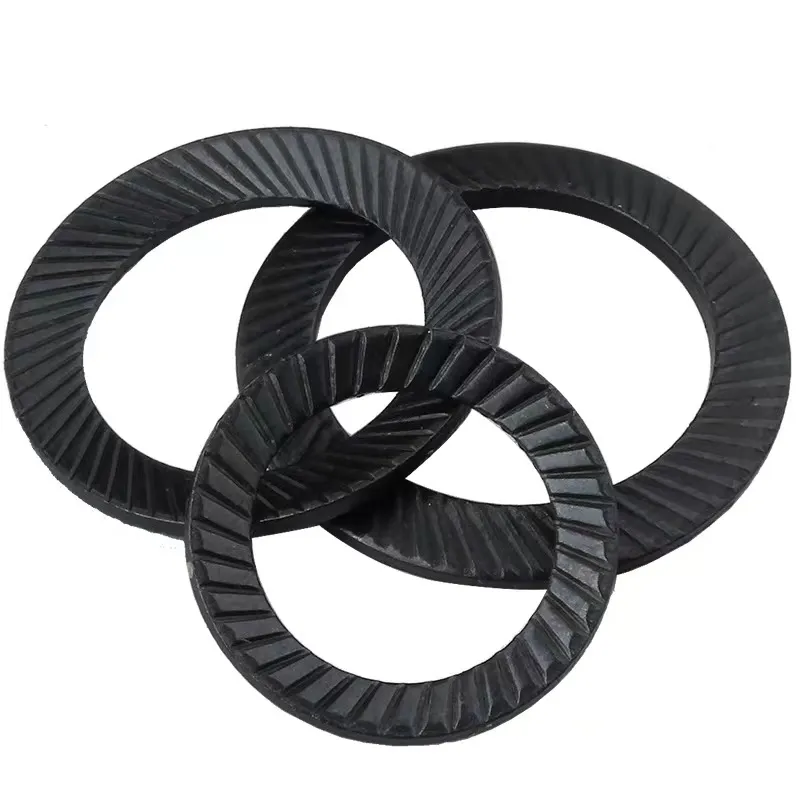

High-Strength Fasteners for Concrete Applications and Structural Integrity Enhancements
ное. . 01, 2024 10:08 Back to list
High-Strength Fasteners for Concrete Applications and Structural Integrity Enhancements
Understanding Concrete Fasteners Essential Tools for Securing Structures
Concrete fasteners are crucial components in the construction industry, providing the necessary tools to secure various fixtures and structures to concrete surfaces. As the demand for durable and reliable building materials grows, understanding the types and applications of these fasteners becomes increasingly important for both professional builders and DIY enthusiasts.
Concrete fasteners come in various types, with the most commonly used being wedge anchors, sleeve anchors, and concrete screws. Wedge anchors are often used for heavy-duty applications where strength is paramount. They consist of a threaded rod and a wedge-shaped clip that expands as the anchor is tightened, creating a stronghold in the concrete. This type of fastener is ideal for mounting heavy equipment or structural supports.
Sleeve anchors, on the other hand, are versatile and useful for both medium and light-duty applications. They consist of a threaded bolt surrounded by a sleeve that expands when the bolt is tightened. This anchoring method is preferred in scenarios where the fastened object will be frequently removed or adjusted, as it allows for some flexibility while still providing a secure hold.
concrete fasteners

Concrete screws are another popular option for attaching fixtures directly into concrete without the need for a separate anchor. These screws are hardened and feature a unique thread design that allows them to cut their own path into the material, making installation quicker and often requiring less drilling. They are particularly beneficial for fastening items like electrical boxes and brackets, offering a strong yet economical solution.
The installation process for concrete fasteners generally involves drilling a precise hole into the concrete with a masonry bit and then inserting the fastener. Proper installation is critical; using the wrong type or size of fastener can lead to structural failures or safety hazards. Therefore, it is essential to assess the load requirements and choose the appropriate fastener type accordingly.
Moreover, with advancements in technology, many concrete fasteners now come with additional features, such as corrosion resistance, ideal for outdoor or high-moisture environments. Epoxy anchors are also gaining popularity, as they bond securely to the substrate, providing a stronghold even in challenging conditions.
In conclusion, concrete fasteners play a vital role in ensuring the integrity and safety of construction projects. Whether for residential, commercial, or industrial applications, understanding the various types of concrete fasteners and their specific uses will help builders make informed decisions, ultimately leading to more reliable and durable constructions. As the construction industry continues to evolve, so too will the technology and application of these essential fastening tools.
Latest news
-
Similarities and Differences Between Plain Washer and Spring Washer - Fastener Comparison Guide
NewsJun.10,2025
-
Effortless Installation Self-Drilling Window Screws - Fast, Secure, and Durable Fasteners
NewsJun.10,2025
-
Self Drilling Stucco Screws for Fast, Secure Installation Self Tapping & Self-Tapping Fasteners
NewsJun.10,2025
-
Premium Hot Dipped Galvanized Self Tapping Screws - Durable Corrosion Resistance
NewsJun.09,2025
-
Discover M12 Weld Stud Benefits & Applications Guide
NewsJun.09,2025
-
M25 Stainless Steel Washers High-Durability Fasteners for Corrosion Resistance
NewsJun.09,2025

